Blog
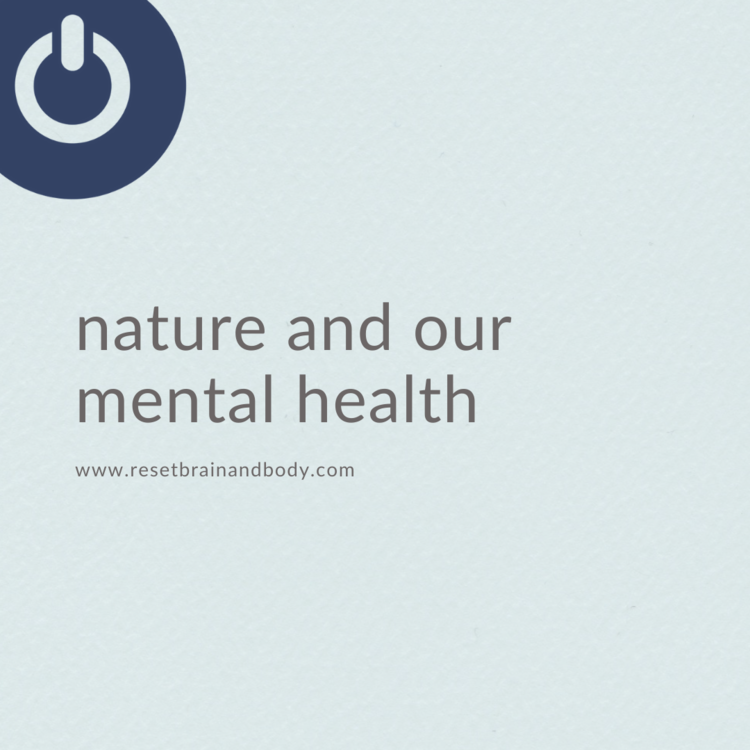
Nature and Our Mental Health
I can’t even tell you how many times during the past year I have uttered the statement, “I’m pretty sure going outside has been the only thing that’s kept me sane,” and I mean that with every fiber of my being.

How to (and not to) Speak to a Pregnant Woman
This is about the stage in pregnancy when I realized just how clueless people were when it came to interacting with a pregnant woman.
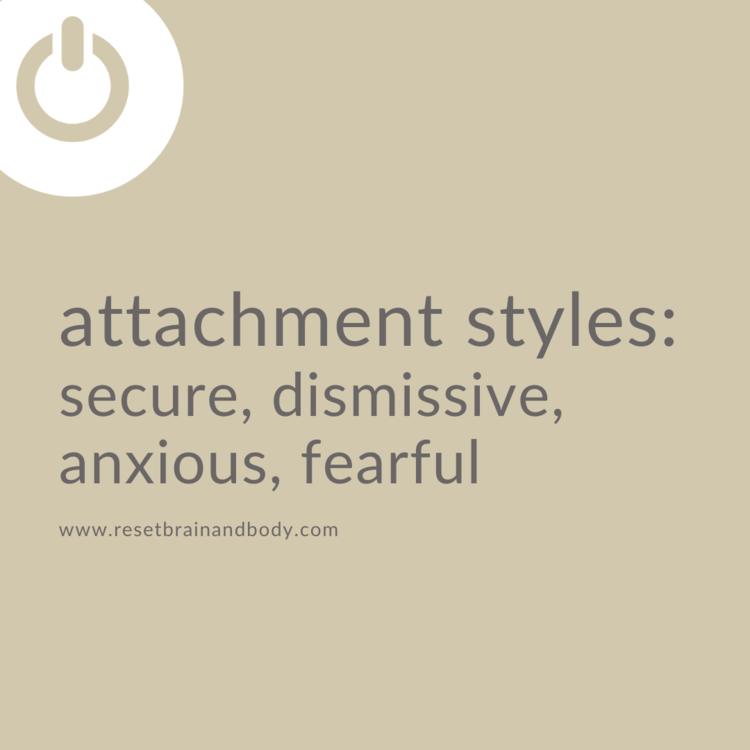
Attachment Styles: Secure Sally, Dismissive Dan, Anxious Annie + Fearful Frank
This type of framework, otherwise known as “attachment”, describes a psychological connectedness that begins during infancy and continues to build over time, eventually defining how we relate to friends, family members and even strangers.
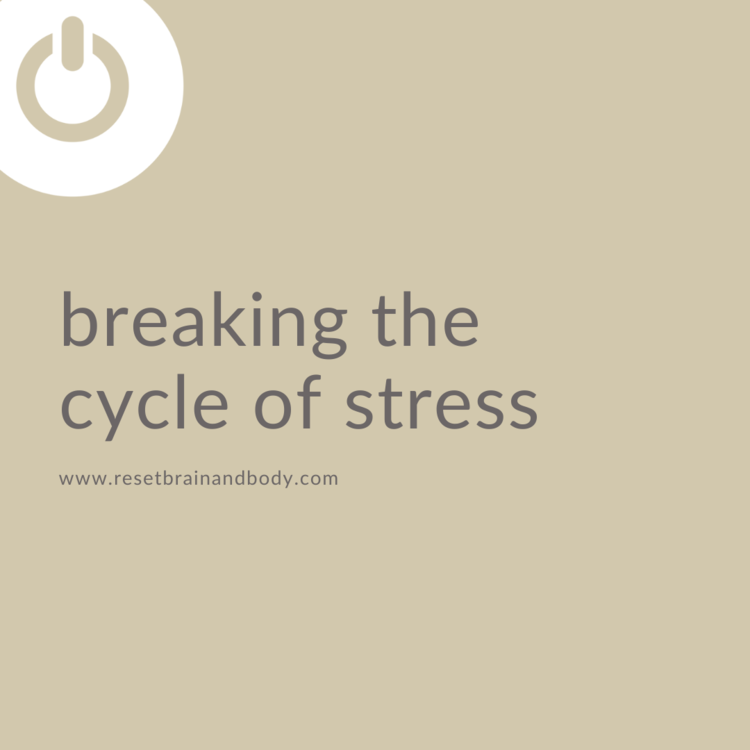
Breaking the Cycle of Stress
Stress happens. It’s inevitable. But how we respond to stress? That’s a whole other story.
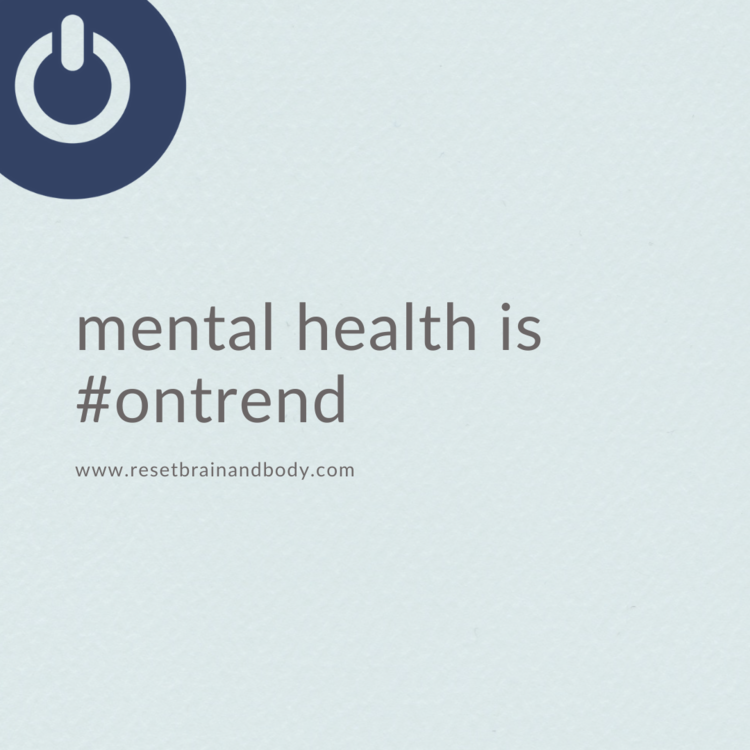
Mental Health is #OnTrend
These days we are consuming so much information that our own inner wisdom can get suffocated. We look to influencers, the media, online quizzes, podcasts and yes, even therapists, to tell us what to think, eat, how to move, who to date and what career to have.
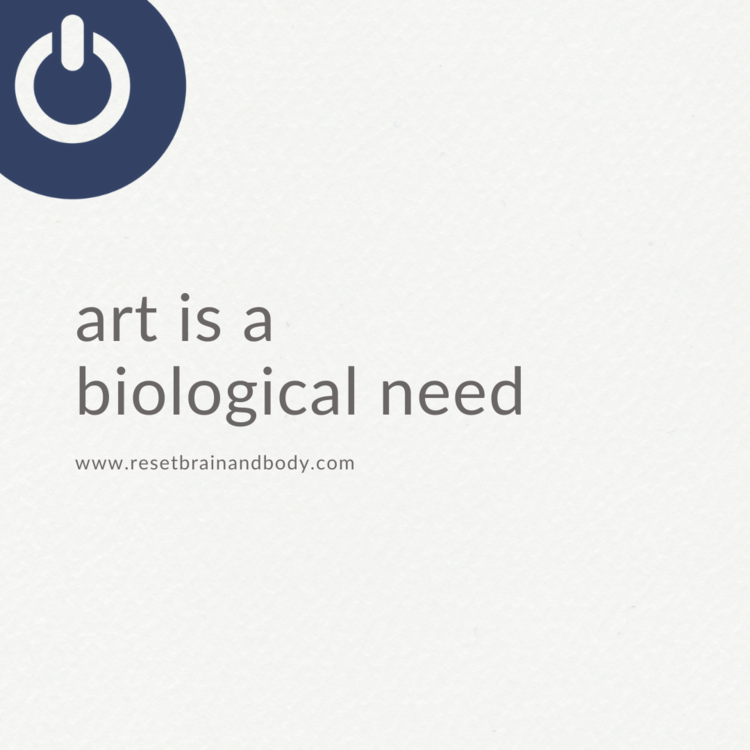
Art is a Biological Need, Not a Luxury
Before you reflect on what you tell yourself about art, try to enter a non-valuing mindset, meaning, setting the intention to simply observe something without putting a value of “good/bad”, “right/wrong”, “should/shouldn’t” on it.

A Brief History of Women’s Mental Health Care
Throughout history, women’s mental health has taken a bad rap.
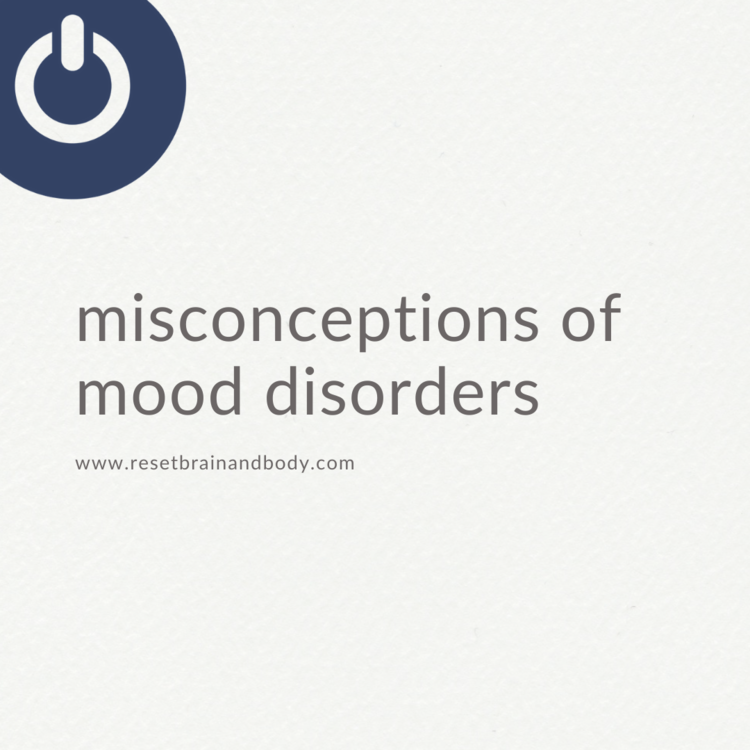
Misconceptions of Mood Disorders
Mood disorders are characterized by a chronic change in mood that disrupts our day-to day functioning.
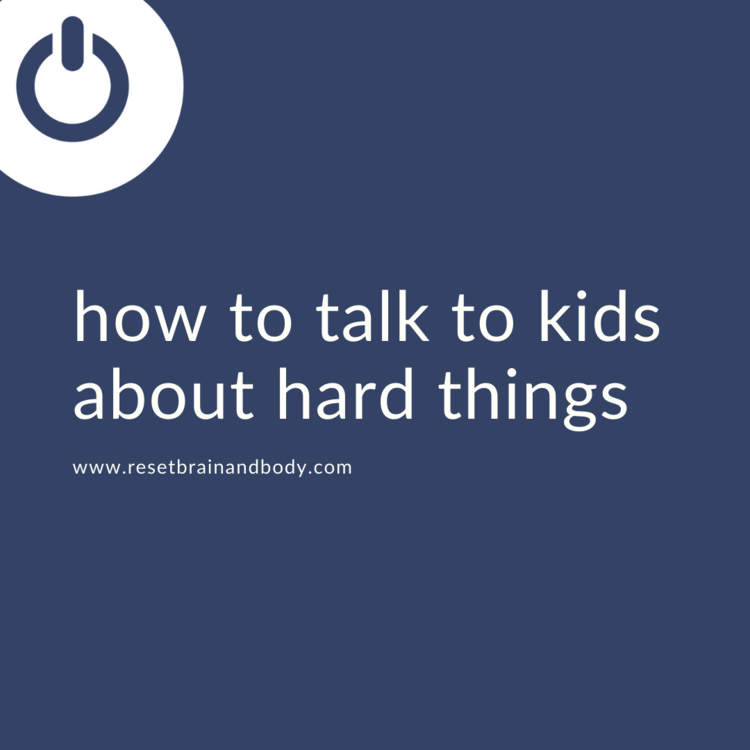
How to Talk To Kids About Hard Things
In order to have uncomfortable and difficult talks about hard things in the world requires a level of safety in the home. Kids are going to have questions and they have to have permission to be vulnerable and get curious without shame or judgment.
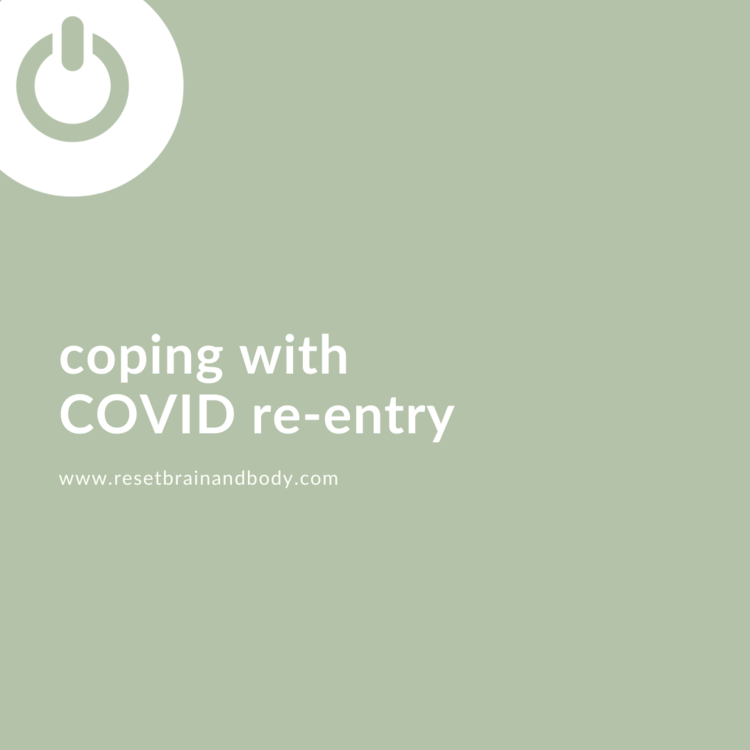
Coping with Covid Re-Entry
There has been a clear theme this week with clients: the feelings that come along with re-entering the world as Covid lessens. We’ve talked boundaries, body image, anxiety and pacing. I’m sharing all of it below.
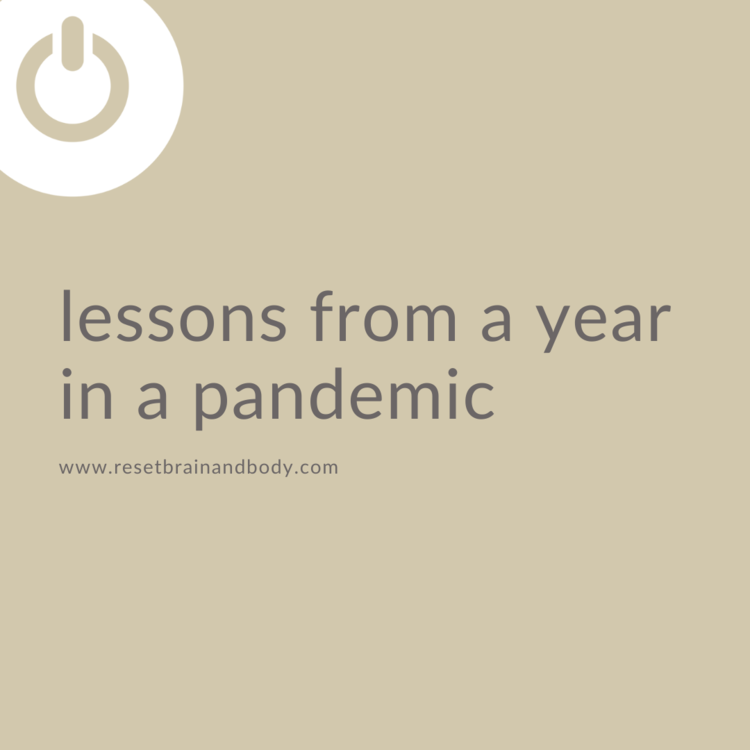
Lessons From a Year in a Pandemic
What a different world!
I also think we’ve all learned a lot. Here are the top things I have learned that I hope either resonate with you or can help you, too.
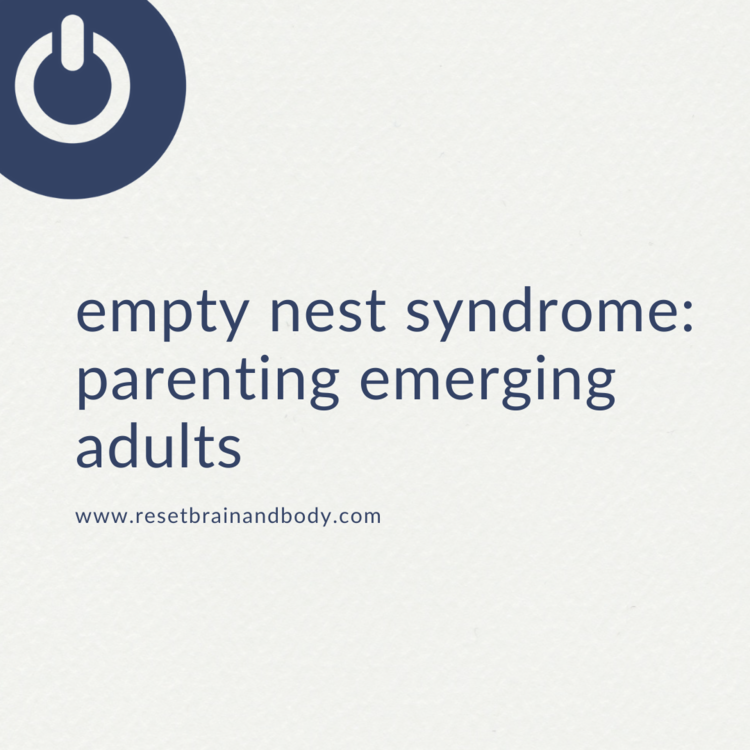
Empty Nest Syndrome: Parenting Emerging Adults
As I contemplate these coming changes to my life, I recognize there are two parts. The first is how parenting young adults differs from parenting children and teens.
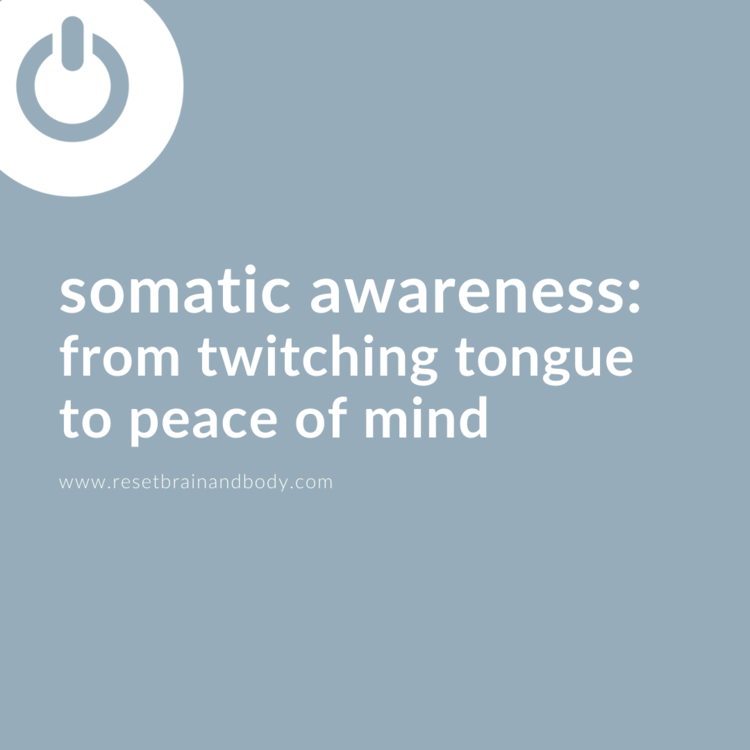
Somatic Awareness: From Twitching Tongue to Peace of Mind
I immediately began doing research on somatic psychotherapy interventions. Intended for trauma relief, somatic therapies were created in an effort to support individuals struggling with dysfunctional lifestyles, flashbacks, intimacy issues and emotional difficulties.
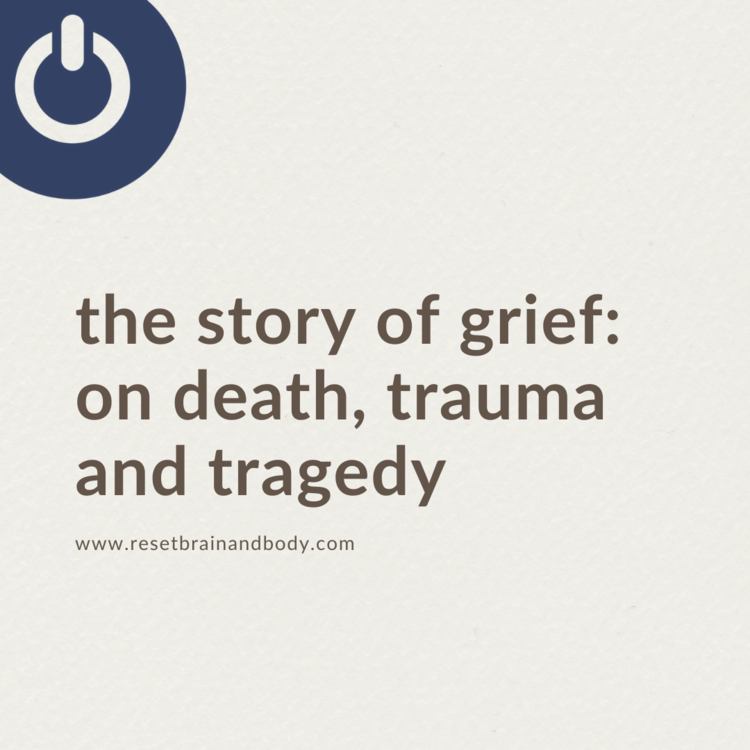
The Story of Grief: On Death, Trauma and Tragedy
Death is complicated and grief is so personal. I really hate it when people say, “I cannot imagine…” because it’s not that you cannot imagine, it’s just that you don’t want to.
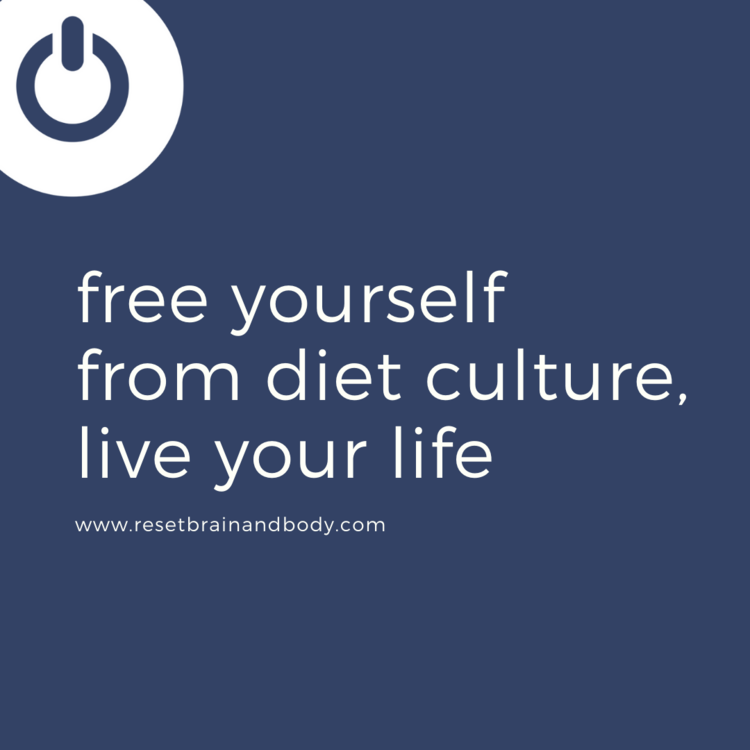
Free Yourself from Diet Culture, Live Your Life
Much of therapy and the healing process includes addressing and challenging limiting beliefs and narratives that we have created about ourselves over the course of our lifetime

Postpartum Anxiety and Depression Warning Signs
1 in 5-7 women will experience a mood or anxiety disorder either during pregnancy or after birth.
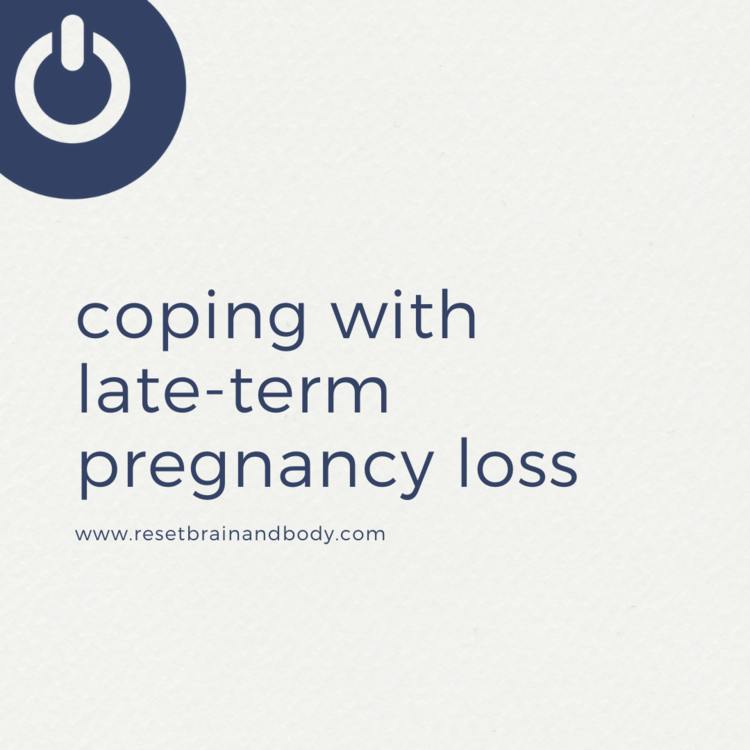
Coping with Late-Term Pregnancy Loss/Stillbirth
Late-term pregnancy loss (stillbirth) can be a deeply traumatic experience. It’s made even more challenging when it’s met with silence – when we don’t talk about it.
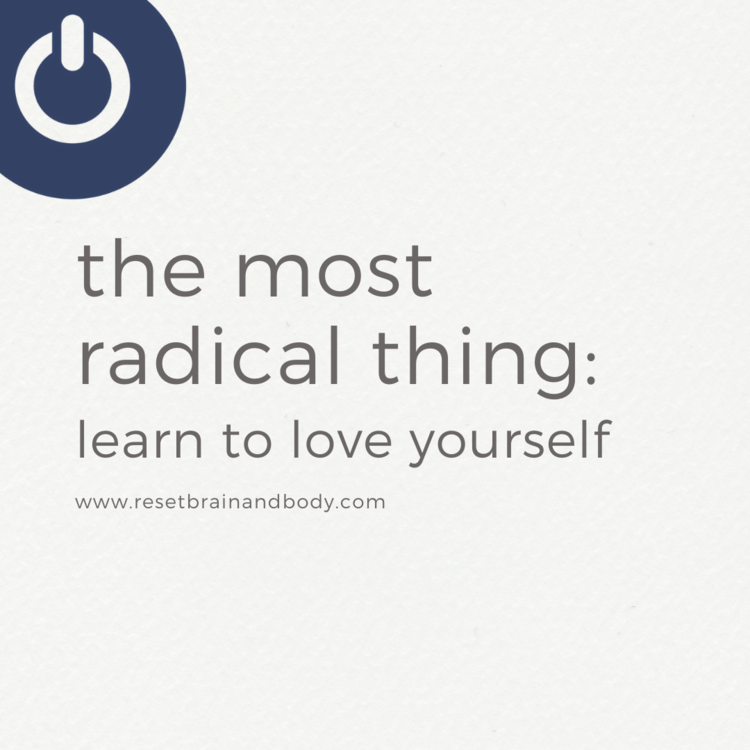
The Most Radical Thing: Learn to love yourself
Practicing self-love in a world that makes it really, really hard to love yourself exactly as you are is a tough journey. I feel it.

Radical Acceptance
No life is free of problems. Though we may think there are people who never seem to face a tough situation, they do.
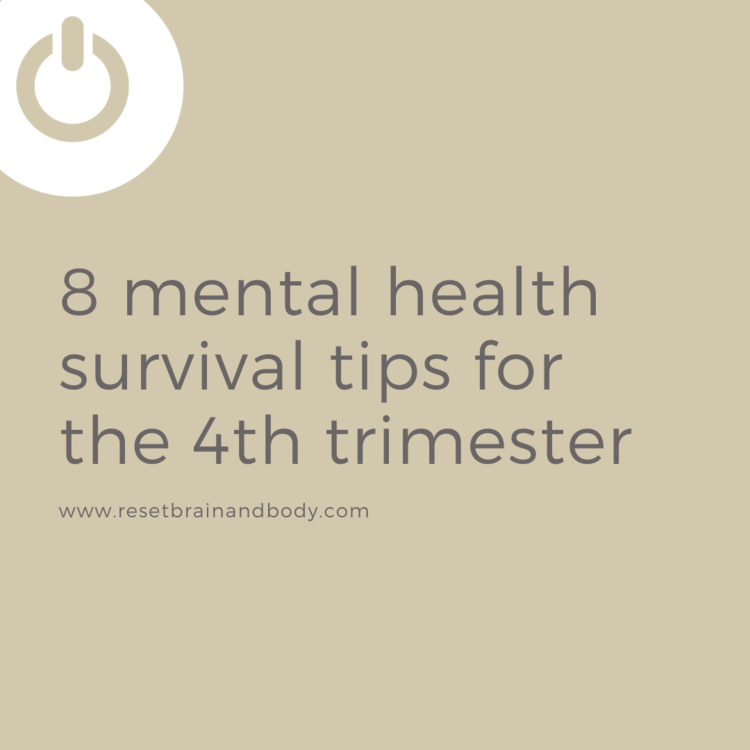
8 Mental Health Survival Tips for the 4th Trimester
Your mental health can take a hit after you’ve had a baby even if you don’t experience postpartum anxiety or depression.
